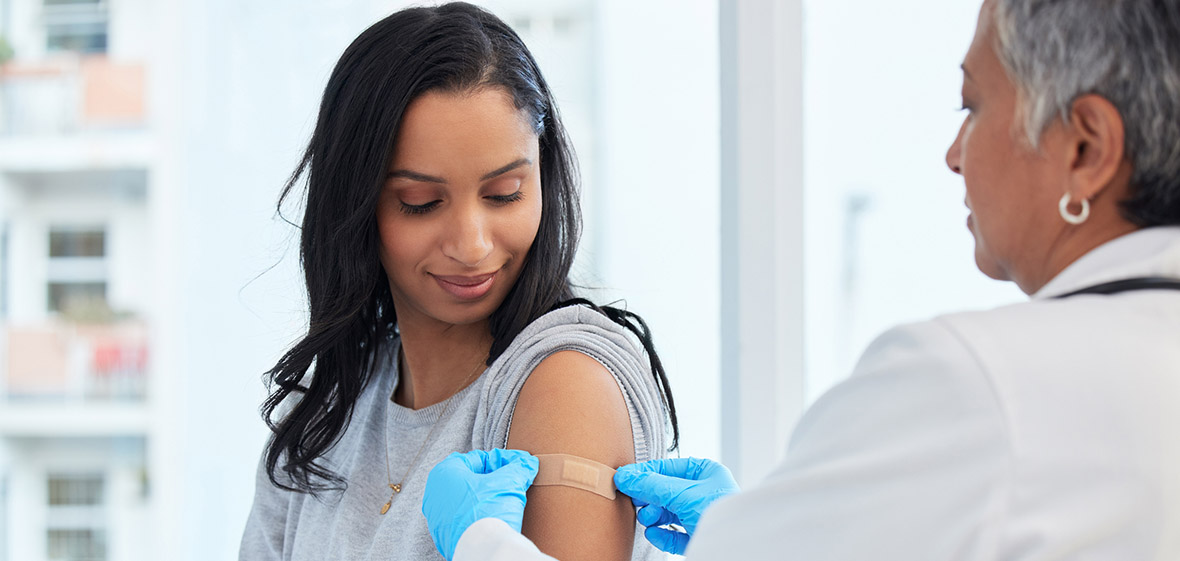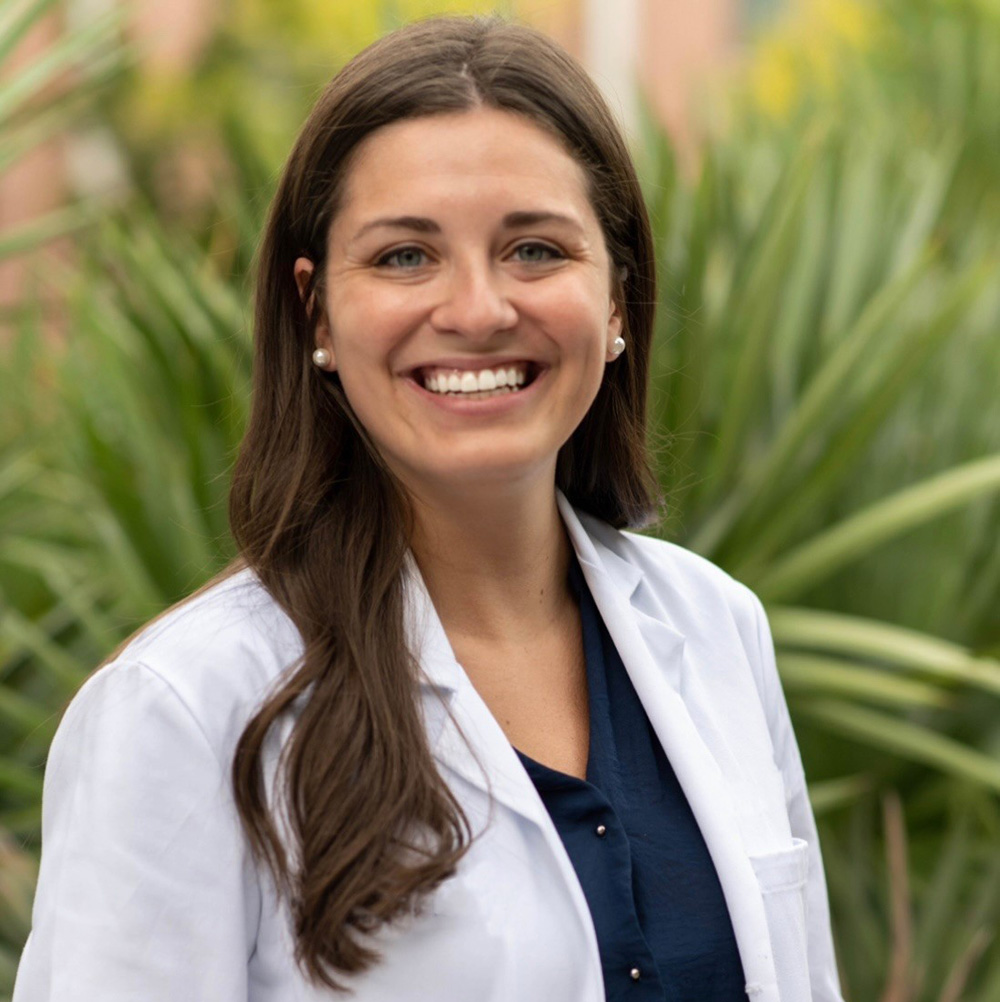
Despite vaccines being lifesaving, according to the World Health Organization (WHO), many people put off getting their vaccinations due to the fear of pain or side effects. Putting off vaccines can put you behind schedule and increase your risk for preventable diseases.
When you receive a vaccine, your immune system creates antibodies that boost your immune system and reduce the risk of contracting the illness it prevents. Vaccines also help to ensure that if you do contract the disease, the severity is drastically decreased, leading to improved recovery. As a result, you will protect your family, friends and community while being healthier and living longer.
Without vaccines, anywhere from 3.5-5 million more people would die each year. Vaccines are crucial for preventing or reducing the severity of many diseases that can be severe or life threatening. These diseases are, including but not limited to:
- Measles
- Influenza (flu)
- Pertussis
- Tetanus
- Diphtheria
- Cervical cancer
- COVID-19
- Hepatitis A and B
- Meningitis
- Mumps
- Polio
Vaccines can also prevent global disease outbreaks, as well as antimicrobial resistance, where bacteria, viruses, fungi and parasites become unresponsive to treatments. Vaccinations are important in protecting you against diseases common in other countries if you travel and ensuring these diseases are not spread throughout the world. The Centers for Disease Control and Prevention has a webpage directing you to the vaccines you may need before traveling.
If you are concerned about the safety of vaccines, rest assured that vaccines are safe. Vaccines are rigorously evaluated before being cleared for people to receive. There are strict standards for vaccine clinical trials, storage, handling and tracking. These standards and testing ensure they can safely and effectively protect you from preventable diseases.
The benefits of receiving a vaccine are usually greater than any side effects you might experience. The most important benefit of getting vaccinated is the benefit to society. “Herd immunity” emerges when enough people in a population area have been vaccinated against a disease, and this can protect others who may not be able to receive the vaccine. Herd immunity leads to the eradication of preventable diseases, like smallpox, which was deemed eradicated by the WHO in 1980.
If you need to get caught up on your vaccinations, make an appointment with a UofL Physicians – Primary Care provider by calling 502-588-4343. You can also get vaccinated at several of our UofL Health – Pharmacy locations. For additional information about vaccines, you can go to Immunizations | LouisvilleKY.gov.
As always, UofL Health – Pharmacy is here to help. UofL Health has the following outpatient pharmacy locations for your medication and pharmacy needs and questions:









